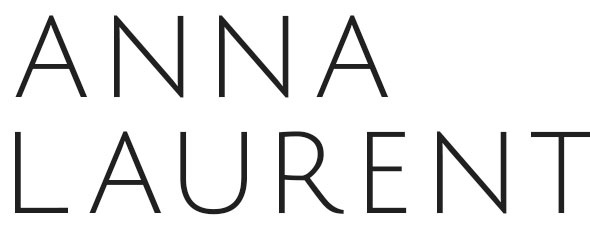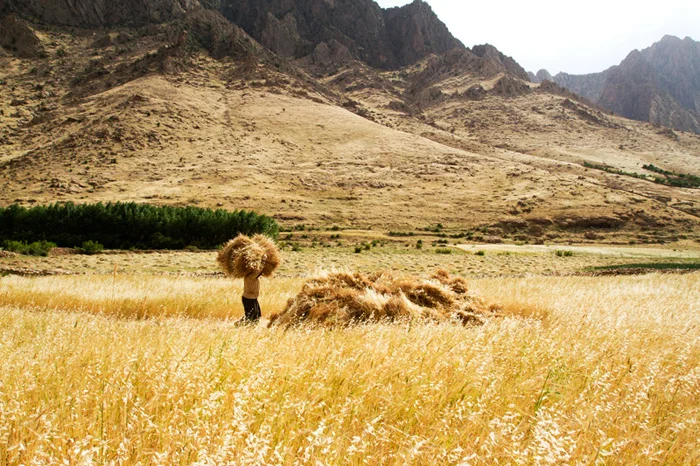Kurdistan: Recovering a Garden of Paradise
For 10,000 years, farmers in northern Iraq have cultivated a wealth of native crops that spread throughout the world. Apricots, chickpeas, and onions flourished in the fields, wheat and barley in the foothills. Today, after years of wars, sanctions, and droughts, this portion of the Fertile Crescent is endangered. I traveled with a documentary team through northern Iraq, filming a documentary about the region’s efforts to recover its agricultural vitality. “It was truly the garden of paradise,” says Jamal Fouad, former minister of agriculture who now runs a teaching farm with his wife, Cathy. “There is nothing that cannot grow in this soil. But things must change for our farmers.”
The project was produced in conjunction with the educational initiative ‘The Iraqi Seed Project’ (dir. Emma Piper-Burket). All quotes are taken from interviews conducted in 2011.
For much of the region’s history, wheat and barley were primary exports; today, Iraq is one of the world’s largest grain importers.Compromised by lack of labor and contaminated grain, Omar Ali’s harvest is inedible. It will become animal feed, and he will purchase wheat to feed his family. “In the past, our children would do the farming. Now, the young people are going to the cities for new jobs.”
In Kani Sard, a village two miles from Jarmo (where wheat was domesticated around 8,000 B.C.), women make bread with bags of flour marked “Pakistan”. Along with lack of water and limited agricultural land, dwindling government support has threatened local farming. More than half of Kani Sard’s population has left for the cities in the past few years.
Northern Iraq is home to mountains, steppes, and pastures that were part of the Fertile Crescent: the birthplace of agriculture—and, indeed, civilization—where ancient farmers nurtured a wealth of crops that would become staples throughout the world. Now, after years of war and sanctions, the country cannot feed itself. Markets are filled with foreign monocrops, heirloom fruits are disappearing, and fields are fallow. Imported greenhouses collapse in the wind, and the next generation of farmers rejects their inherited land.
In Parliament and in the fields, the region is debating how to proceed— how to rebuild its farming culture and recover its agricultural sovereignty. Foreign aid, ideologies, technology, and seeds are flooding the country amidst its reconstruction. It imports the majority of its food supply, and its endemic plants and agricultural legacy are endangered. While much of the modernized world is, in a sense, trying to achieve the locally grown, sustainable agriculture that Mesopotamia practiced for thousands of years, the region is now unable to follow its own model.
There are reasons to be hopeful. A long-pastoral region that evolved with the land, Iraq’s landscape retains areas of native beauty that flourish with hollyhocks, pomegranates, wild grasses; with people who can discern edible from poisonous, and who know the history of their food. For a people besieged with calamities for so long, the land is critical. “The [northern Iraqi] has but one friend in the world, and that’s his mountain,” remarked Azzam Alwash, well-known for his efforts to recover the war-ravaged Mesopotamian marshlands, and also devoted to habitat restoration.
Indeed, Iraqis are a notoriously resilient people, many of whom are making incredible efforts to reengage agriculture. The First Lady of Iraq, Mrs. Hero Ibrahim Ahmed Talabani, is concerned that many heirloom crops will disappear with the reconstruction; she is currently funding an initiative to recover an indigenous, nutty variety of rice. Dr Jamal Fuad, former Minister of Agriculture, and his wife, Cathy, own a teaching farm in the hills outside the city. “It was truly the Garden of Paradise,” they remark. “There is nothing that cannot grow in this soil. But things must change for our farmers.”
Emma Piper Burket began The Iraqi Seed Project in 2009 as an educational initiative to raise awareness about agricultural issues in Post-War Iraq. Anna Laurent joined as a photographer and writer. We are also in the process of creating an archive of source material project, gathered over the past decade, as a resource for farmers, artists, scholars, and policy makers.


















